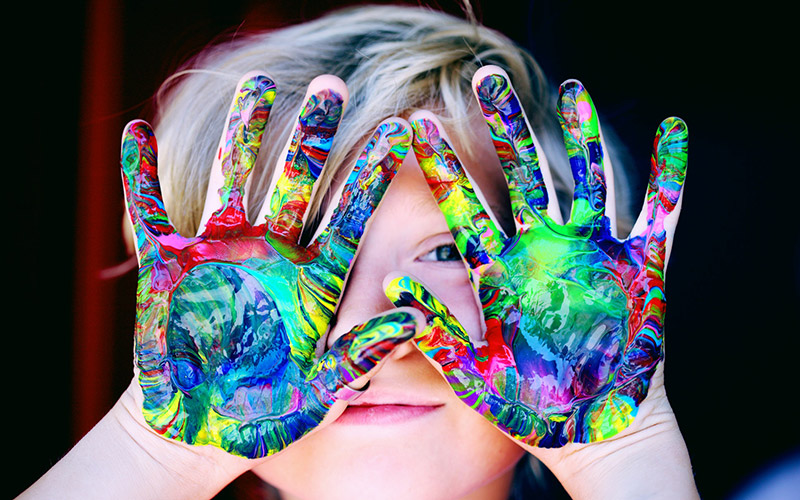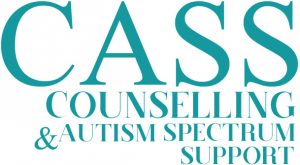People are naturally diverse learners
The idea of neurodiversity encourages the view that brain differences are normal and conditions like Autism and ADHD aren’t ‘abnormal’. By seeing neurodevelopmental conditions as simply variations of the human brain help us to reduce stigma and can benefit children’s thinking and learning differences. By framing challenges as differences families and teachers can positively work together with children to highlight particular strengths. For instance, the teaching approach of Universal Design for Learning shares many of the principles of neurodiversity and is a flexible way of thinking to give all pupils an equal opportunity to excel at their studies.
Recognising both differences and disabilities
Brain-imaging studies have highlighted differences in how the brain is ‘wired’ between children with thinking differences and their peers. However, the neurodiversity view is that we should embrace everyone’s abilities as mainstream and not aim to ‘cure people whose brain works differently; our brain simply works differently and neurodiversity rejects the idea that those on the autism spectrum are disabled. By providing positive and constructive support everyone can fully participate as normal members of their community.
The concept that people are naturally diverse learners removes barriers to learning, reduces the feeling that something is ‘wrong’ and thus, helps to build confidence, self-esteem and motivation.
Celebrating differences is important
By pledging to take part in Neurodiversity Celebration Week schools can support students with learning differences whilst embracing the wide range of neurological differences. The next annual event will take place 15th – 21st March 2021. To find out more click here
Only by recognising and respecting neurological variations as normal for humans can society moved forward in a positive manner for the wider community.
These differences can include those labelled with Attention Deficit Hyperactivity Disorder, Autistic Spectrum, ADHD, Dyspraxia, Dyslexia, Dyscalculia, Tourette Syndrome and others.
CASS believes that everyone has the natural ability to realise their full potential. Our counselling and support services are designed to support neurodiverse people and their support network.


